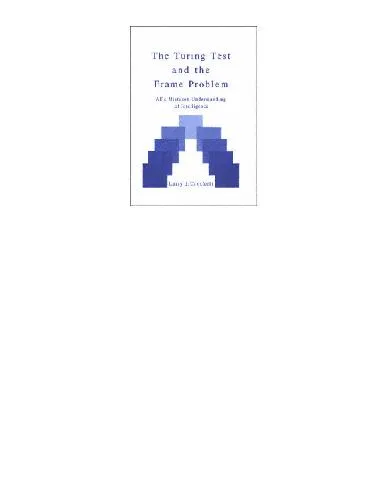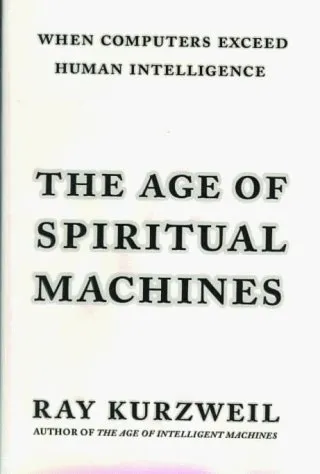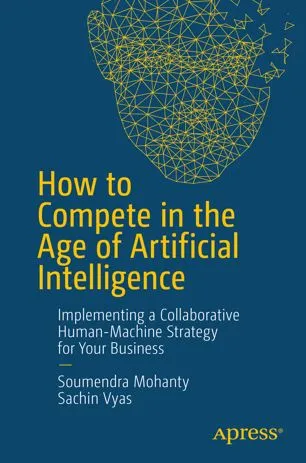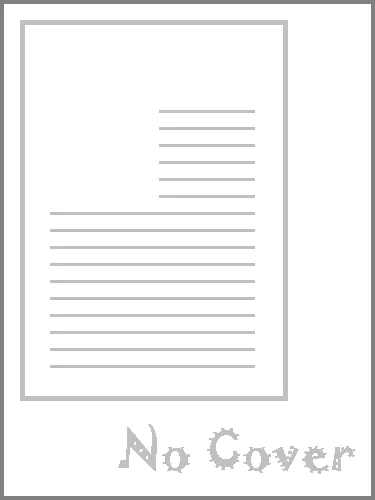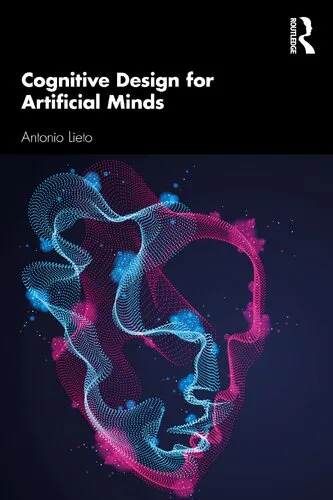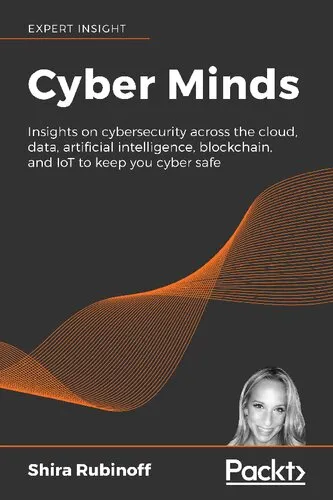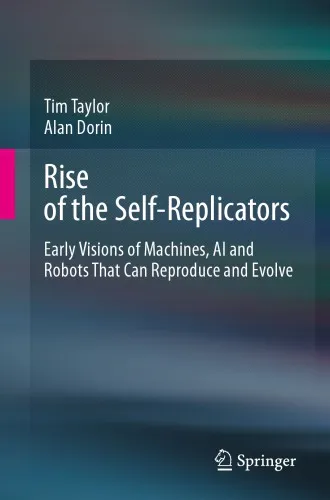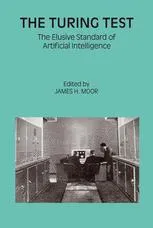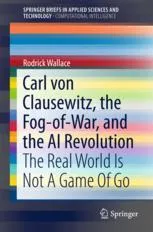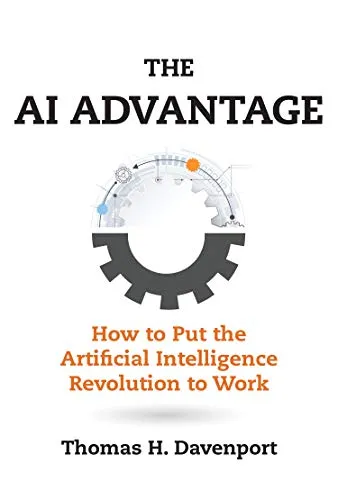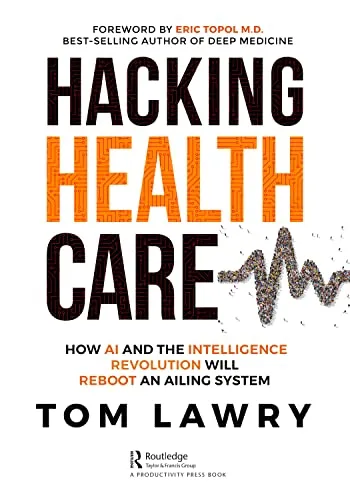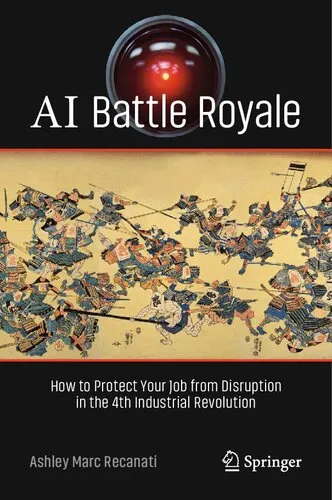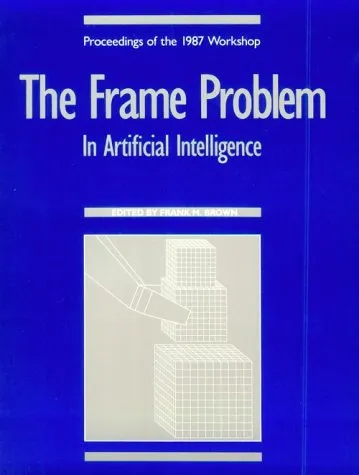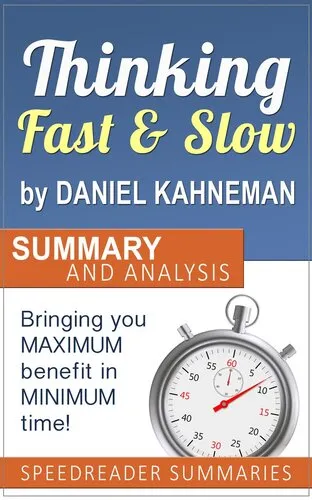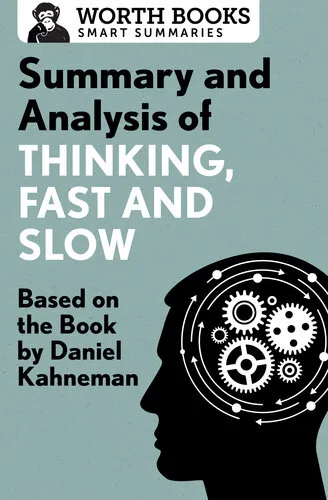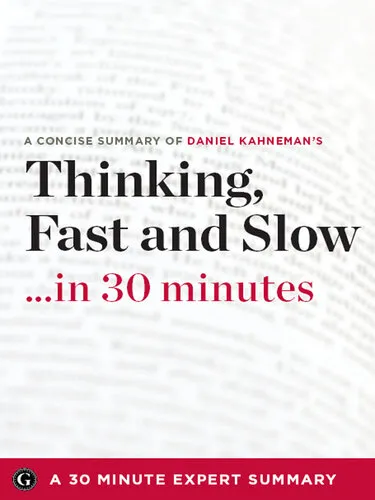The Turing Test and the Frame Problem: Ai's Mistaken Understanding of Intelligence (Ablex Series in Artificial Intelligence)
4.0
Reviews from our users

You Can Ask your questions from this book's AI after Login
Each download or ask from book AI costs 2 points. To earn more free points, please visit the Points Guide Page and complete some valuable actions.Related Refrences:
Persian Summary
Introduction to 'The Turing Test and the Frame Problem: AI's Mistaken Understanding of Intelligence'
Welcome to a thought-provoking journey that challenges conventional wisdom on artificial intelligence. In 'The Turing Test and the Frame Problem: AI's Mistaken Understanding of Intelligence', the complexities of AI's understanding of human intelligence are meticulously dissected, offering readers a robust exploration of cognitive science, philosophy, and computer science.
Detailed Summary of the Book
This book embarks on an intellectually rigorous exploration of two cornerstone concepts in artificial intelligence: the Turing Test and the Frame Problem. The Turing Test, proposed by Alan Turing, aims to determine if a machine can exhibit intelligent behavior indistinguishable from a human. Meanwhile, the Frame Problem highlights issues in AI's ability to effectively manage knowledge and reasoning as the environment changes.
One critical analysis laid out in the book is how these concepts reveal AI's shortcomings in replicating true human intelligence. It argues that the Turing Test, while revolutionary, provides a narrow framework for assessing intelligence as mere mimicry, rather than understanding or consciousness. By scrutinizing AI's approach in tackling the Frame Problem, the book reveals deep-seated limitations in current AI systems' ability to process and adapt to dynamically changing scenarios.
Ultimately, the book asserts that AI's capabilities are often overestimated, with significant misconceptions about the nature of human intelligence. Through a careful synthesis of philosophical discourse, logical reasoning, and empirical analysis, readers are encouraged to rethink AI's potential and limitations.
Key Takeaways
- Insight into the core limitations of the Turing Test in evaluating true intelligence.
- An understanding of the Frame Problem and its impact on AI's development.
- Exploration of philosophical and practical implications of current AI capabilities.
- Reevaluation of what it truly means for a machine to 'understand' human cognition.
- A cautionary perspective on the future trajectory of AI development.
Famous Quotes from the Book
"True intelligence cannot be reduced to algorithms or Turing-computable processes; it is an emergent property beyond mere symbol manipulation."
"The Frame Problem is not just a technical hurdle, but a philosophical challenge that questions the very essence of cognition and perception."
Why This Book Matters
In a world increasingly dominated by AI, 'The Turing Test and the Frame Problem: AI's Mistaken Understanding of Intelligence' serves as a vital critique of the optimistic yet often misguided views surrounding artificial intelligence. It encourages scholars, practitioners, and policy-makers to adopt a more nuanced understanding of AI's role and potential pitfalls in society.
This book stands out for its interdisciplinary approach, drawing on diverse fields to enrich the dialogue around AI's capability to truly replicate or extend human intelligence. Its insights are crucial for fostering a more grounded perspective on AI ethics, design, and implementation.
For anyone invested in the future of AI, this book is an essential resource that challenges prevailing paradigms and sets the stage for more informed and responsible development in artificial intelligence.
Free Direct Download
You Can Download this book after Login
Accessing books through legal platforms and public libraries not only supports the rights of authors and publishers but also contributes to the sustainability of reading culture. Before downloading, please take a moment to consider these options.
Find this book on other platforms:
WorldCat helps you find books in libraries worldwide.
See ratings, reviews, and discussions on Goodreads.
Find and buy rare or used books on AbeBooks.
1564
بازدید4.0
امتیاز0
نظر98%
رضایتReviews:
4.0
Based on 0 users review
Questions & Answers
Ask questions about this book or help others by answering
No questions yet. Be the first to ask!
